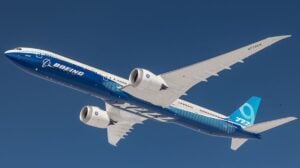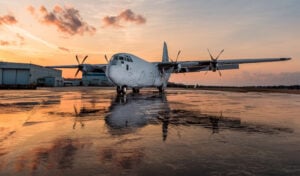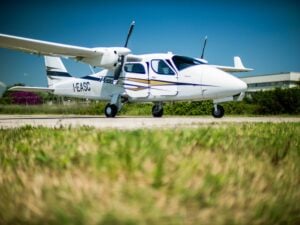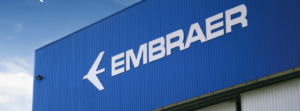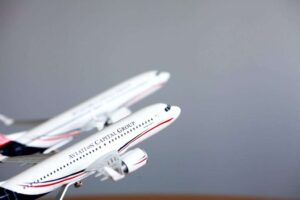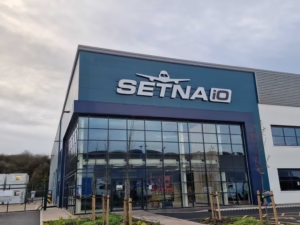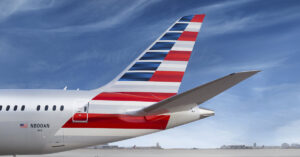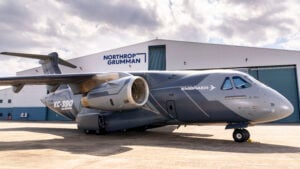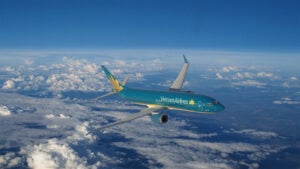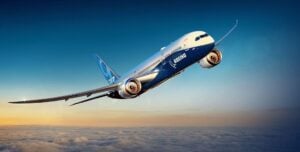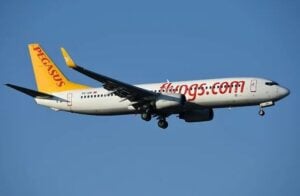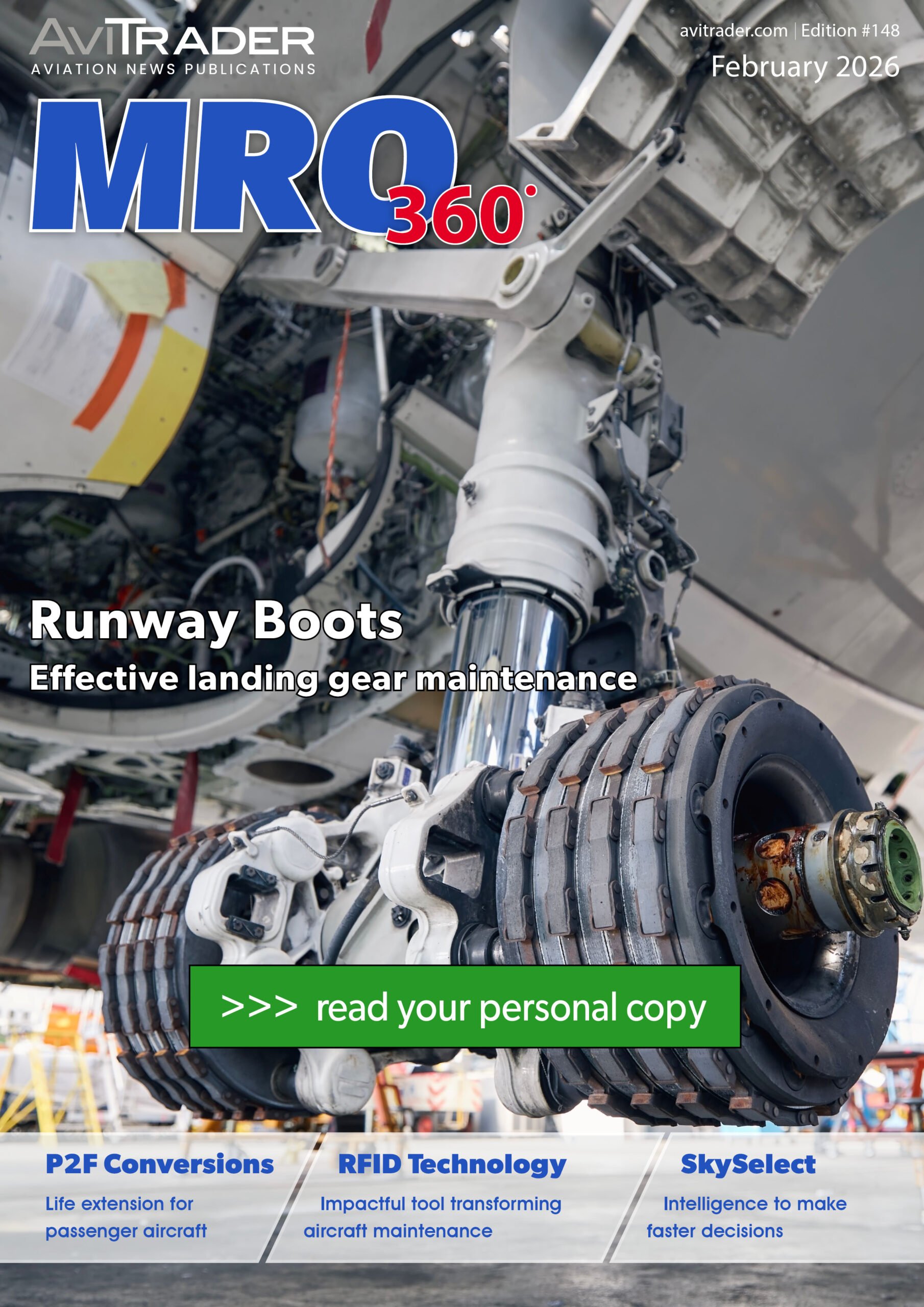Alaska Air Group has reached an agreement to acquire its rival, Hawaiian Airlines, in a deal valued at US$1.9 billion. This transaction marks the second proposed airline merger in less than two years and sets the stage for a potential regulatory battle.
Under the terms of the agreement, Alaska Air Group will purchase Hawaiian Airlines at a rate of US$18 per share, in addition to assuming US$900 million of the company’s debt. Hawaiian Airlines’ shares closed at $4.86 on Friday, reflecting a market capitalization of approximately US$250 million, with a year-to-date decline of nearly 53%.
Hawaiian Airlines has faced numerous challenges, including the Maui wildfires, heightened competition from Southwest Airlines, which has expanded its services in Hawaii, and a slower recovery in travel to and from Asia following the pandemic. Since the beginning of 2020, Hawaiian has reported net losses in all quarters, while Alaska and other carriers have shown more robust financial performance as the pandemic subsided.
“This combination is an exciting next step in our collective journey to provide a better travel experience for our guests and expand options for West Coast and Hawai‘i travellers,” said Ben Minicucci, Alaska Airlines CEO. “We have a longstanding and deep respect for Hawaiian Airlines, for their role as a top employer in Hawai‘i, and for how their brand and people carry the warm culture of aloha around the globe. Our two airlines are powered by incredible employees, with 90-plus-year legacies and values
grounded in caring for the special places and people that we serve. I am grateful to the more than 23,000 Alaska Airlines employees who are proud to have served Hawai‘i for over 16 years, and we are fully committed to investing in the communities of Hawai‘i and maintaining robust Neighbour Island service that Hawaiian Airlines travellers have come to expect. We look forward to deepening this stewardship as our airlines come together, while providing unmatched value to customers, employees, communities and owners.”
The combined entity, headquartered in Seattle, where Alaska Airlines is based, will be led by Ben Minicucci. Both airlines intend to maintain their individual brands while operating under a unified platform, creating a fleet of 365 aircraft that will serve 138 destinations.
This acquisition marks a significant shift for Alaska Airlines, which primarily operates Boeing 737s and previously worked to streamline its fleet by reducing Virgin America’s Airbus planes after a US$2.6 billion acquisition in 2016. The merger with Hawaiian will introduce a diverse fleet mix, encompassing both Boeing and Airbus jets, including narrow-body and wide-body aircraft.
The collaboration promises substantial benefits for both airlines, enabling Alaska Airlines to expand its nonstop and one-stop flights from the Hawaiian islands to various destinations across North America. It will also integrate Hawaiian’s long-haul routes to and from Asia into Alaska’s network. Furthermore, Hawaiian’s recent agreement to operate converted-cargo planes for Amazon will become part of the extended services offered by the combined company.
Alaska Airlines anticipates that this deal will contribute to increased earnings within the next two years, with an estimated US$235 million in “run-rate synergies.” The acquisition of Hawaiian Airlines represents a strategic move that will likely reshape the airline industry’s dynamics, offering travellers expanded options and connectivity across the Pacific and North America.
The transaction agreement has been approved by both boards. The acquisition is conditioned on required regulatory approvals, approval by Hawaiian Holdings, Inc. shareholders (which is expected to be sought in the first quarter of 2024), and other customary closing conditions. It is expected to close in 12-18 months. (£1.00 = US$1.27 at time of publication)




